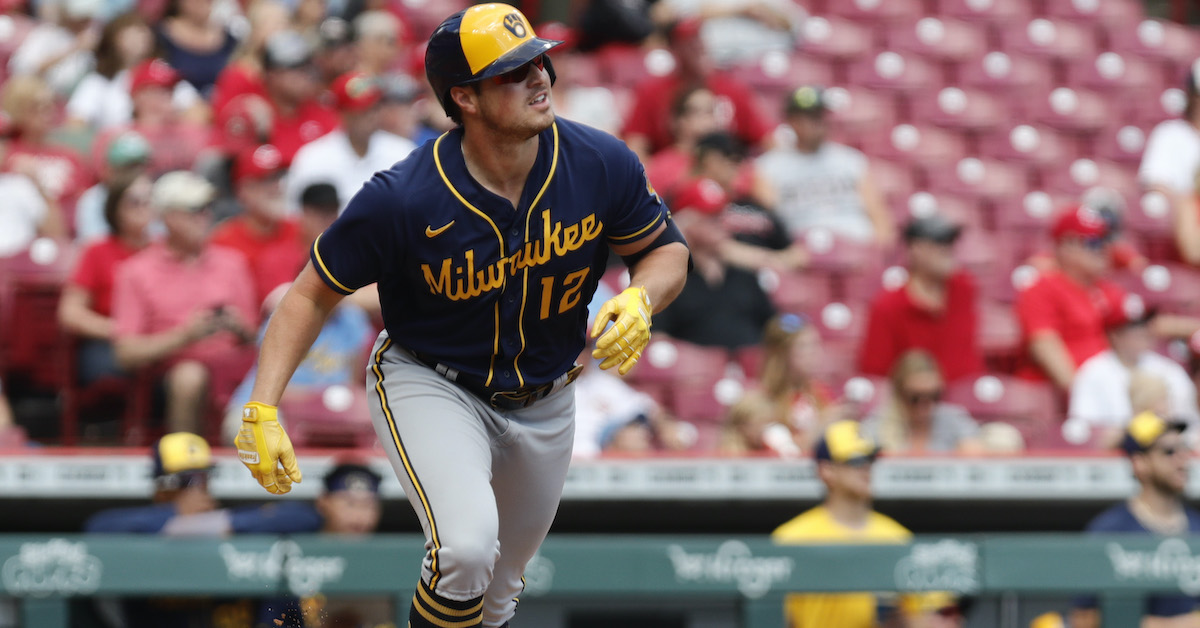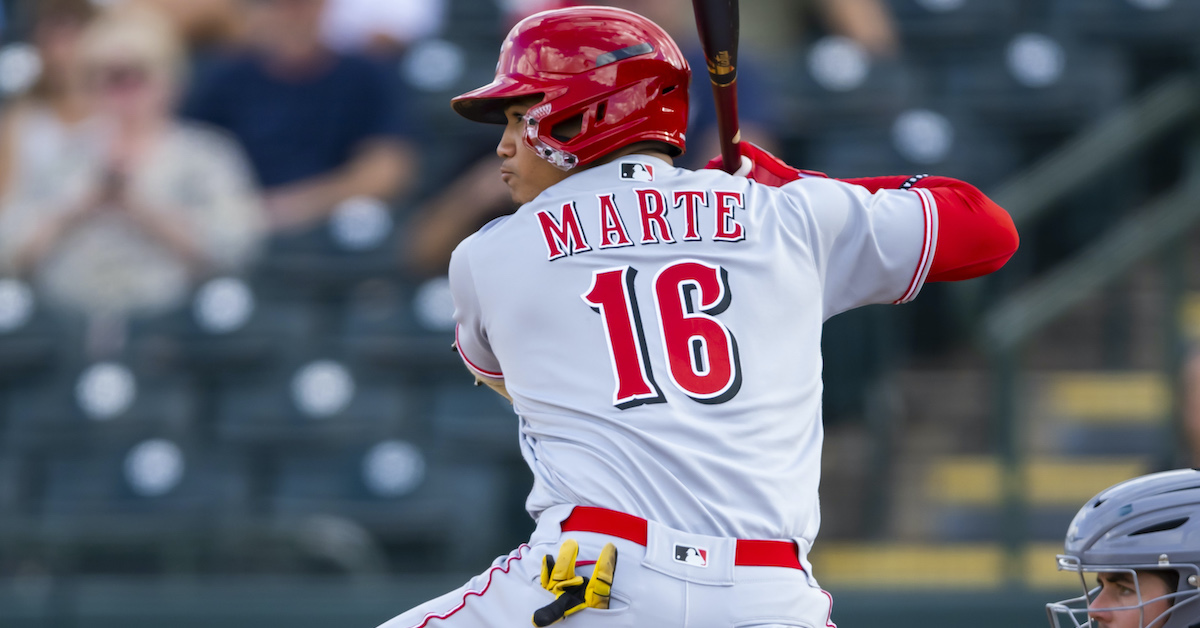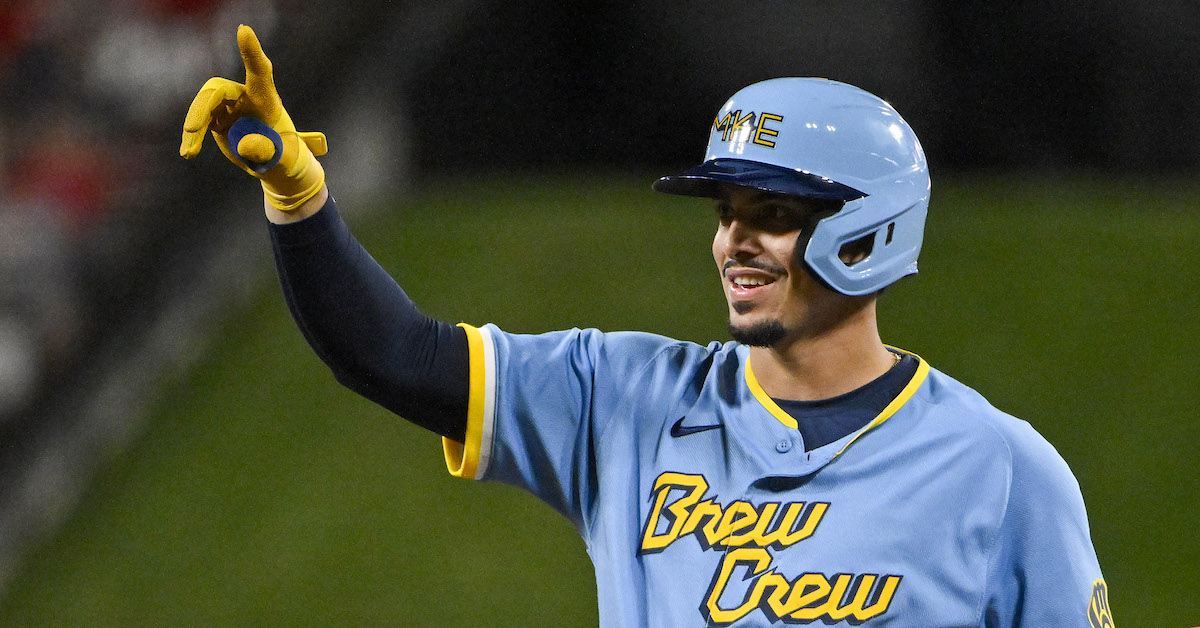Intern – Baseball Research & Development (paid, multiple positions available)
Location: Milwaukee, Wisconsin
Summary Will work with the Baseball R&D, Baseball Systems Departments, and the entire Baseball Operations Department to deliver research and tools to improve decision making. The position requires a person who has intellectual curiosity, is a self-starter and can communicate technical and analytical concepts effectively to non-technical people. Being passionate about using data, analysis, and technology to improve decision making processes is also a key differentiator.
Essential Duties and Responsibilities include the following. Reasonable accommodations may be made to enable individuals with disabilities to perform the essential functions. Other duties may be assigned.
- Work with Baseball R&D and Baseball Operations to understand analytical needs and implement best practices for meeting those needs
- Investigate emerging data sources and identify potential for predictive value and actionable insights to improve decision making
- Develop visualizations and other mechanisms for disseminating analytical results to Baseball Operations, including consideration for less technically and analytically inclined consumers
- Continually survey latest analytical methods and advancements in baseball research to apply cutting edge methods and data to problems
- Understand current decision processes and information systems and offer enhancements and improvements
- Additional requests for reports, visualizations and research projects during the year
Qualifications To perform this job successfully, an individual must be able to perform each essential duty satisfactorily. The requirements listed below are representative of the knowledge, skill, and/or ability required.
- Understanding of basic statistical modeling techniques, including, but not limited to, linear regression, logistic regressions, machine learning, etc.
- Proficiency with an analytical software platform required (for example R or Mathematica)
- Proficiency with SQL and SQL databases required
- Proficiency with data scripting language or ETL environment (Python, PERL, SSIS, etc.) desired
Education and/or Experience
Bachelor’s degree (B.S./B.A.) or current pursuit of bachelor’s degree in Computer Science, Mathematics, Statistics, Engineering, Operations Research, or related field from four-year college or university. Advanced degree or current pursuit of advanced degree in one of the areas mentioned above or a related field is desirable.
Work Hours
Business hours are Monday – Friday 9 am – 5pm, however, additional hours may be required on weekends, evenings and some holidays.
To Apply:
To apply, please follow this link.
Intern – Minor League Technology Operations (paid, multiple positions available)
Summary Assist members of the baseball operations staff with all technology needs at Brewers minor league affiliates. This internship will run from early March through the end of September with the possibility of work into October.
Essential Duties and Responsibilities include the following. Reasonable accommodations may be made to enable individuals with disabilities to perform the essential functions. Other duties may be assigned.
- Troubleshoot the team Hawkeye cameras when instructed by coordinator, tech ops..
- Log home game data via Hawkeye’s BSK software.
- Import game data into the BATS Video System accurately tracking pitch type, location, and result. Upload this data to the Brewers system so that remote and front office staff can review video.
- Complete special projects as assigned from Coordinator – Tech Operations and front office.
- Complete pro scouting reports on assigned players.
- Operate Edgertronic Camera and Trackman Portable system for each bullpen before games
- Communicate with Coordinator – Technology Operations regarding any technology troubleshooting issues.
- Partner with coaches to produce advance scouting reports that clearly and accurately report data on the upcoming opponents. Present this data to players when necessary.
- Operate approved technology including, but not limited to, Uplift, Blast, Trackman, Rapsodo, and HitTrax when necessary to track player on field work prior to games
- Implement organizational technology best practices and educate coaches and players on the process and benefits of technology use.
Qualifications To perform this job successfully, an individual must be able to perform each essential duty satisfactorily. The requirements listed below are representative of the knowledge, skill, and/or ability required.
- Qualified applicants must be motivated, well-organized, detail-oriented, be able to work independently and on a deadline.
- Exceptional organization skills and the ability to relate well with individuals with diverse backgrounds is also required.
- A background in scouting is preferred, as well as experience in baseball operations
Education and/or Experience
Candidates must be currently enrolled or have recently graduated from an accredited college or university pursuing a degree or certification in a related field.
Computer Skills
To perform the job successfully, an individual should have knowledge of Microsoft office software including Word, Excel, PowerPoint, Access, Outlook, and Internet Explorer. Additional preferred computer skills include proficiency in BATS (Baseball Analysis and Tracking System).
Language Skills
Ability to read and comprehend simple instructions, short correspondence, and memos. Ability to write simple correspondence. Ability to effectively present information in one-on-one and small group situations to customers, clients, and other employees of the organization. Spanish speaking preferred.
Mathematical Skills
Ability to add, subtract, multiply, and divide in all units of measure, using whole numbers, common fractions, and decimals. Ability to compute rate, ratio, and percent and to draw and interpret bar graphs.
Reasoning Ability
Ability to apply common sense understanding to carry out detailed but uninvolved written or oral instructions. Ability to deal with problems involving a few concrete variables in standardized situations.
Physical Demands
The physical demands described here are representative of those that must be met by an employee to successfully perform the essential functions of this job. Reasonable accommodations may be made to enable individuals with disabilities to perform the essential functions. While performing the duties of this Job, the employee is regularly required to use hands to finger, handle, or feel and talk or hear. The employee is frequently required to reach with hands and arms. The employee is occasionally required to stand; walk; sit and stoop, kneel, crouch, or crawl. The employee must regularly lift and /or move up to 50 pounds. Specific vision abilities required by this job include close vision, distance vision, peripheral vision and ability to adjust focus.
Work Environment
The work environment characteristics described here are representative of those an employee encounters while performing the essential functions of this job. Reasonable accommodations may be made to enable individuals with disabilities to perform the essential functions. While performing the duties of this Job, the employee is regularly exposed to outside weather conditions, which may include heat, cold and various forms of precipitation. The employee is occasionally exposed to moving mechanical parts. The noise level in the work environment is usually moderate.
Work Hours
Hours vary according to the game and event schedule.
To Apply:
To apply, please follow this link.
The content in this posting was created and provided solely by the Milwaukee Brewers.




